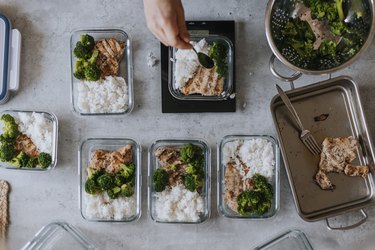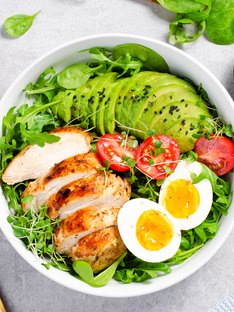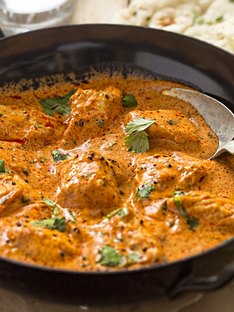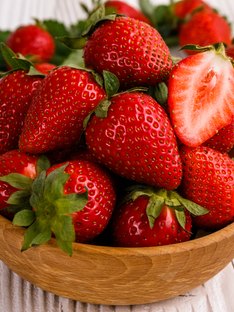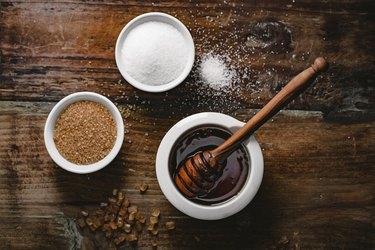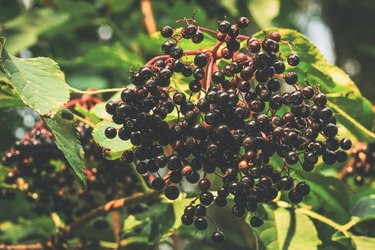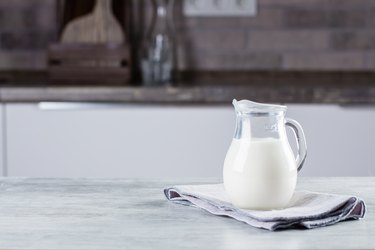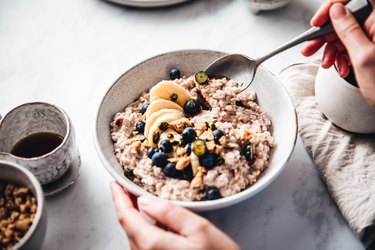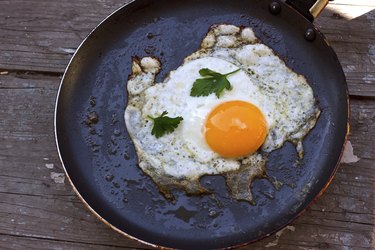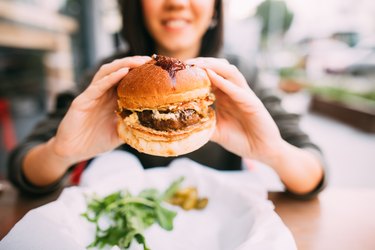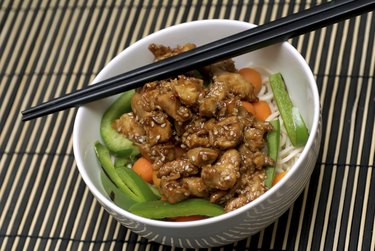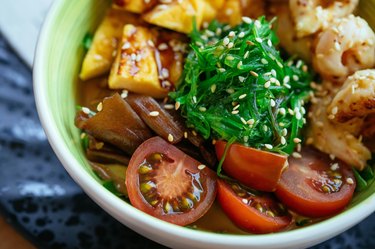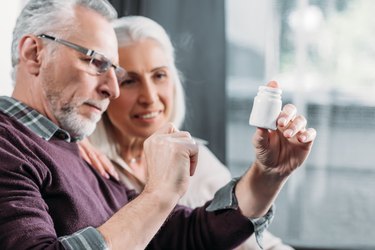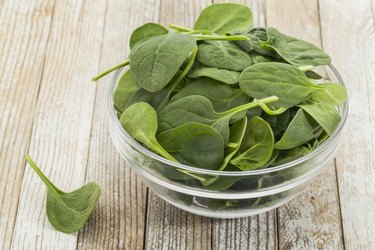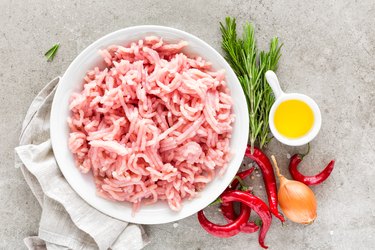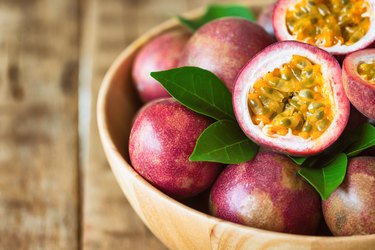Our nutrition and healthy eating page is your go-to source for reliable, science-based information on food and nutrition. We believe healthy eating is essential to overall health and wellness, which is why we've compiled a wealth of resources to help you make informed choices about the foods you eat.
Our nutrition experts provide in-depth articles on a variety of topics, including the benefits of different food groups, how to build a balanced meal and healthy eating habits for different stages of life. We also provide healthy recipes and meal plans to help you put your nutrition knowledge into practice.
We understand nutrition can be a complex and confusing topic, which is why we strive to present information in a clear and easy-to-understand manner. If you're looking to improve your overall health, manage a specific health condition or just learn more about nutrition, this page has something for everyone.



